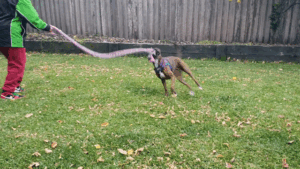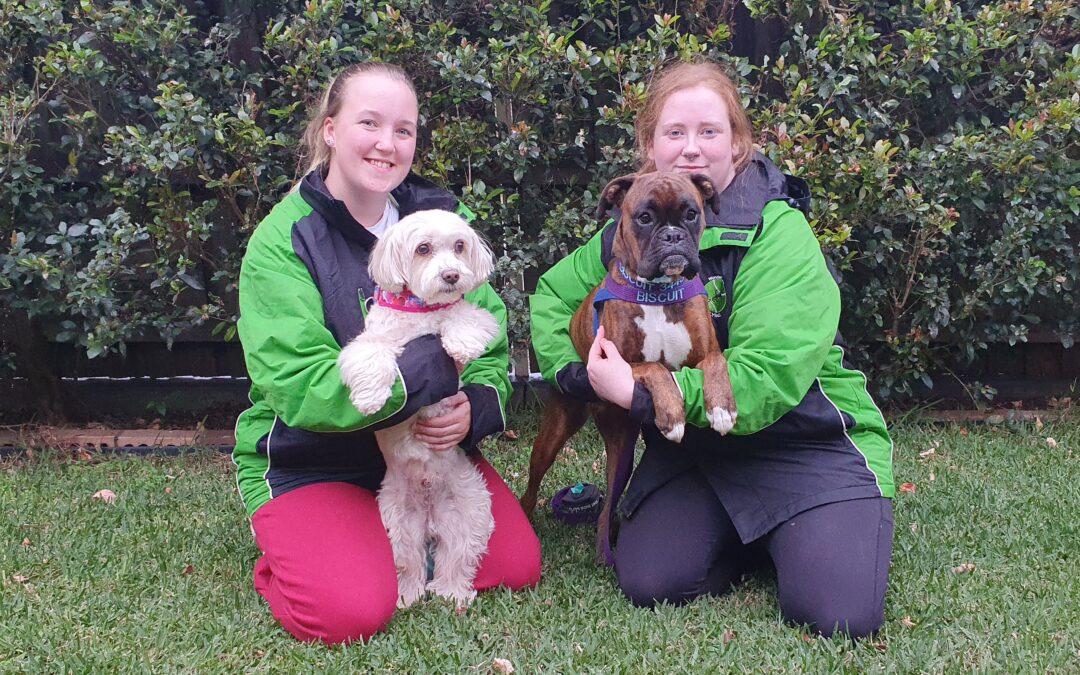Separation anxiety in our pets has become a common diagnosis since coming out of lock-downs and returning to our ‘normal’ lives, according to the RSPCA.
“In my opinion, there has been a moderate increase in patients on anxiety medication post-COVID,” he said.
“Probably mostly due to separation anxiety with owners going back to semi normal day-to-day [activities], while pets are spending more time alone at home.”
He said the impact of lockdowns varied amongst different species, adding that he is prescribing more anxiety medication, post-COVID.
“For older dogs the adjustment was easy, however coming out of lockdown left some of them feeling anxious or alone,” he said.
“New puppies were growing up in an environment where they were experiencing very little time alone and little time developing mechanisms to cope with boredom.”
Perky Pooches Salon manager Caitlin Taylor, a member of the Wollongong Wonder Woofs Flyball team, said she has also seen a shift in the animals that she interacts with every day.
“I find that they’re struggling to run away from their owners because they don’t want to leave them. They feel like they’ve got to stay with them all the time ‘cause that’s what they’re used to,” Ms Taylor said.
“Even when I had to go into isolation, Kahlua, my dog, took a step back in her training when she didn’t want to run away from me anymore, so then we had to go back to square one.”

Caitlin Taylor’s Dog Kahlua
Ms Taylor said the behaviours to look out for include excessive panting or vocalisation, scratching at doors, destruction of property, and/or uncontrolled urination or defecation.
She said there were over-the-counter anxiety medications. She said they can potentially help train dogs to tolerate grooming and calm them when around a lot of other dogs and people.
Ms Taylor said owners must always seek professional advice before placing their pet on any kind of medication and should reach out to their local vet or groomer for more information on how to best support pets.

Biscuit practicing her Flyball Tugs

